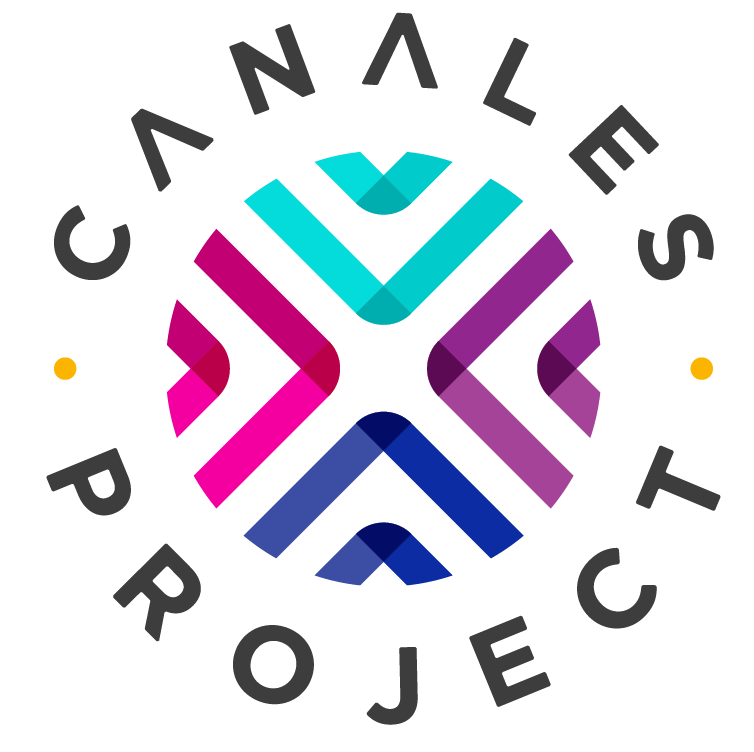Announcement: Cultural Diplomacy Initiative at The Fletcher School of Law and Diplomacy, Tufts University
Dear friends,
It gives me great pleasure to invite you to participate in the Soft Power & Cultural Diplomacy Study Group, as part of a newly created Cultural Diplomacy Initiative (CDI) at The Fletcher School of Law and Diplomacy of Tufts University. This study group is designed for anyone interested in learning more about these two topics in addressing foreign relations. Over the course of four sessions, participants will become familiar with the history of cultural diplomacy and will better understand how the power of the arts has repeatedly been deployed by governments to help achieve foreign policy objectives. Cosponsored by The Fletcher School of Law and Diplomacy where I am currently a Senior Fellow and a Professor of Practice, and The Canales Project, CDI is a repository of innovative thinking about emerging challenges and opportunities for cultural diplomacy, a convening center for leaders in the field, a hub for cooperation among other programs in this arena, and a source of education and training.
All sessions will take place on a Friday from 10:00am-12:30pm via Zoom. There will be one registration link over the course of the sessions- registration will be required to attend:
Study Group Schedule
Session 1 – Terminology & Theory
Friday, October 7th, 10:30am-12:00pm ET
Part I: Study
What are the differences and similarities between public diplomacy, cultural diplomacy and soft power?
What is culture?
Role of digital diplomacy in the 21st century
Part II: Guest Speaker: Professor Nicholas Cull, University of Southern California
Nick Cull is professor of Public Diplomacy at the University of Southern California’s Annenberg School for Communication, where he is a fellow of both the Centre for Communication Leadership and the Center on Public Diplomacy. Originally from Britain, he is a well-known historian of the role of culture and communication in foreign policy. His numerous published works include the standard introduction to the field: Public Diplomacy: Foundations for Global Engagement in the Digital Age (Polity, 2019) two volumes on the history of the United States Information Agency and a book on British propaganda towards the US during the run-up to Pearl Harbor. He has often advised and trained diplomats and has worked especially closely with the US Foreign Service Institute, the British Foreign Office, British Council and foreign ministries of Canada, Mexico, South Korea and Switzerland. He is currently completing a major book on the role of public diplomacy in the battle over Apartheid in South Africa and a shorter volume of essays expanding on his notion of Reputational Security. He tweets as @NickCull and is co-host (with Simon Anholt) of the podcast People, Places, Power.
Session 2 – Case Studies of Cultural Diplomacy
Friday, October 21st, 10:30am-12:00pm ET
Part I: Study
The Cold War: Jazz Ambassadors
Racial tension in the U.S., and how this plays out on international tours
Key Questions:
How can we measure outcomes in cultural diplomacy efforts?
Part II: Guest Speaker: TBD
Session 3 - Understanding Digital Diplomacy
Friday, November 4th, 10:30am-12:00pm ET
Part I: Study
The Cold War: Jazz Ambassadors
Racial tension in the U.S. and how this plays out on international tours
How can we measure outcomes in cultural diplomacy efforts?
Part II: Guest Speaker: Professor Corneliu Bjola, Oxford University
Corneliu Bjola is Associate Professor in Diplomatic Studies at the University of Oxford and Head of the Oxford Digital Diplomacy Research Group. He also serves as a Faculty Fellow at the Center on Public Diplomacy at the University of Southern California and as a Professorial Lecturer at the Diplomatic Academy of Vienna. He has published extensively on issues related to the impact of digital technology on the conduct of diplomacy with a recent focus on public diplomacy, international negotiations, and methods for countering digital propaganda. His recent co-edited volume “Digital Diplomacy and International Organizations: Autonomy, Legitimacy and Contestation” (Routledge, 2020) examines the broader ramifications of digital technologies on the internal dynamics, multilateral policies, and strategic engagements of international organisations.
Session 4 – Cultural Diplomacy in Action Today
Friday, November 18th, 10:30am-12:00pm ET
Part I: Study
South Korea’s soft power
The Korean Wave (Hallyu)
How did South Korea’s culture become so well-known?
Part II: Guest Speaker: TBD
Session 5 – The Future of Cultural Diplomay
Friday, December 9th, 10:30am-12:00pm ET
Part I: Study
G-20 Ministerial Track for Ministers of Culture
What's next for cultural diplomacy?
Part II: Guest Speaker: Irina Bokova
Irina Bokova, born in Sofia (Bulgaria), has been two terms the Director-General of UNESCO from 2009 to 2017. As Director-General of UNESCO, Irina Bokova was actively engaged in the efforts to promote culture as a driver for sustainable development on the UN Agenda 2030, adopted in 2015. She was particularly active in the defence of cultural heritage in conflict in Mali, Syria and Iraq and in denouncing extremists’ destruction of heritage as a tool of war, which lead to the adoption by the UN Security Council of several land mark resolutions on the link between maintaining peace, security and the protection of cultural heritage.
We sincerely hope you will join us this Fall! If you have any questions, please feel free to reach us at anytime.
Many thanks,
Carla Canales
The Canales Project




